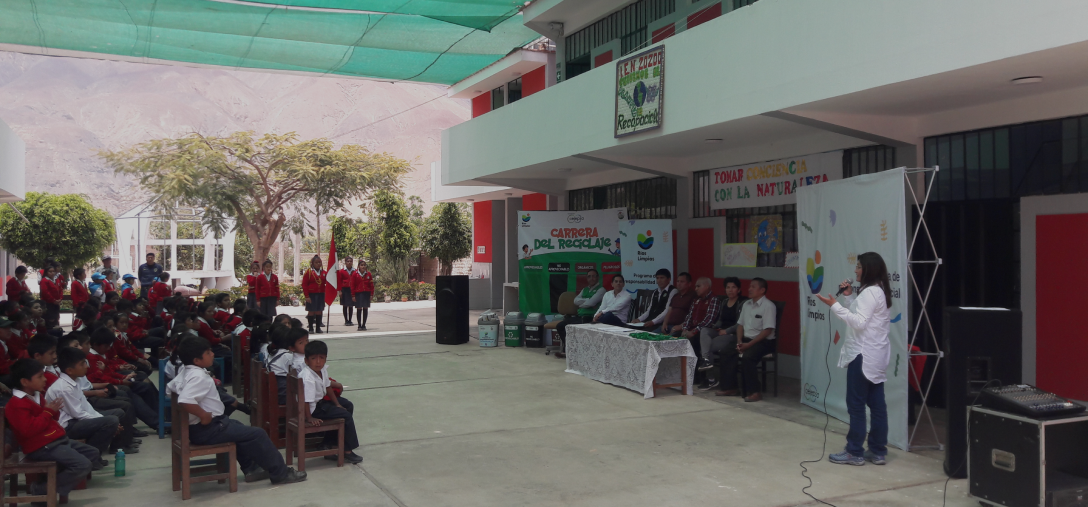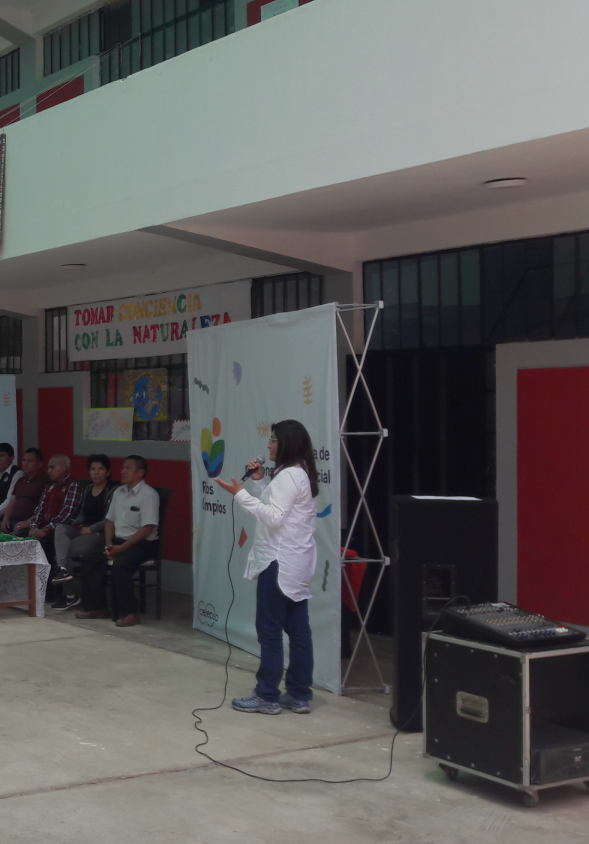Solid waste management encompasses waste generated by industrial, commercial and domestic activities. In Peru, this process still faces great challenges. According to the Ministry of the Environment, Peru generates more than 8.4 million tons of solid waste per year, equivalent to 23,000 tons per day. Of this daily figure, around 61.75% of the waste is sent to sanitary landfills for proper disposal, while the rest ends up in informal dumps. In addition, only 118 municipalities have adequate infrastructure for the proper disposal of waste, which generates the proliferation of infectious outbreaks, a greater risk of pests and increasing environmental contamination, endangering public health. On the other hand, the waste that ends up in rivers affects water quality, endangers the flora and fauna and the health of the people who live around them.
The Clean Rivers Program: Commitment to the environment
Against this backdrop, in Celepsa we have been implementing, since 2020, the Clean Rivers Program, a key initiative for the responsible management and use of solid waste and the protection of water resources in the Cañete River basin, the area of operation of our El Platanal Hydroelectric Power Plant. The program encourages the adoption of good environmental practices, focusing on primary and secondary education, with the participation of the educational community. In this way, we strengthen the capacities of the participating schools in waste segregation and utilization techniques, as well as in the implementation and maintenance of bio-gardens and greenhouses.
Achievements of the Clean Rivers Program
We have developed a comprehensive educational approach, working with students, teachers, managers, families and cleaning staff in various activities. Some of these include environmental education training, training of environmental brigades, provision of ecological points, implementation of bio-gardens and composting, and the replication of these practices in the families of the students of the educational institutions of Zúñiga, Pacarán, Huancaya, Vilca, Tanta, Vitis, Huayllampi and Canchan.
Among the main milestones achieved to date, the following stand out:
- 76 parents and teachers and 250 students participated in environmental education workshops.
- 55 teachers trained in good environmental practices.
- 28 teachers trained in solid waste segregation.
- 9 ecological points implemented in the districts of Zúñiga, Pacarán, Tanta (2), Vitis, Huancaya, Vilca, in the CHEP; and an ecological point in Nuevas Flores, Huayllampi and Canchan.
- Implementation of the “Segrego en casa” program aimed at parents.
- 162 students participating in composting and organic gardening workshops.
- 210 family members involved in activities related to composting and biogardens.
- 22 teachers responsible for monitoring the implementation of the workshops.
Our social commitment in Celepsa is clear: to generate value in the populations where we operate through a sustainable and participatory approach. The Clean Rivers Program is just one example of how we work hand in hand with people to protect the environment, promote environmental education and build a cleaner and healthier future for all. We continue to move forward, empowering local stakeholders in the conservation of natural resources, convinced that change begins with joint action and a real commitment to our environment.


